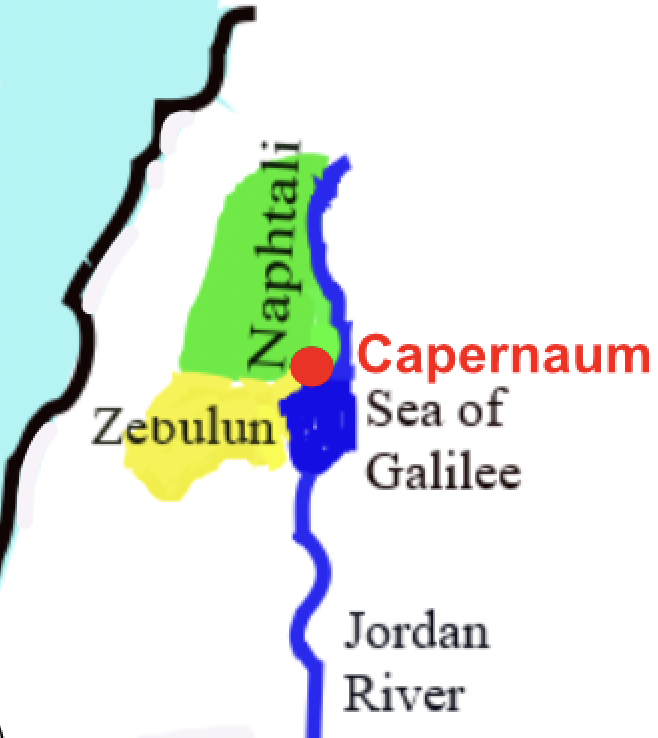Today’s author is Prince of Peace member, Scott Tunseth.

Jesus’ baptism and his time of testing in the wilderness set the stage for his coming out party, the beginning of his earthly ministry. Matthew reports that Jesus headed to his home territory of Galilee after hearing John the Baptist had been arrested. He didn’t stay in his hometown of Nazareth but instead made his home in Capernaum by the sea. This fulfilled, according to Matthew, another ancient prophecy (Isaiah 9:1-2). Zebulon and Naphtali were tribes of Israel, which claimed lands along the east side of the Sea of Galilee. In Jesus’ time these were considered Gentile lands, and the implication is that Jesus will bring the light of the gospel to them and all who sit in darkness. And Jesus’ message echoes the preaching of John: “Repent, for the kingdom of God has come near.”
Two years ago, I was the editor for wonderful book written by Gracia Grindal called Jesus the Harmony: Gospel Sonnets for 366 Days (Fortress Press, 2021). Yes, 366 sonnets about the life of Jesus as told in the Gospels! What’s really remarkable is that Gracia wrote the sonnets over the course of one year, or one sonnet a day. Grindal reminds the reader in the introduction that “the form of the English sonnet—with its fourteen lines of iambic pentameter (usually from none to fourteen syllables a line with five beats per line), a turn at about line eight, and a closing couplet, and rhymes—always led me into a surprise.” She goes on to say that she thinks of these 14-line poems like mini-sermons.
One of Grindal’s sonnets focuses on Matthew 4, starting at verse 12. Here is her artistic take on the beginning of Jesus’ ministry as told in Matthew’s Gospel:
Jesus now withdrew to Galilee
Out of the way. The prophets had foretold
His going to Capernaum by the sea
To those who sat in great darkness, once sold
Into bondage, slaves to the lords of Babylon.
Now light bursts through the torpor of the night.
He will take up the ministry of John,
Preaching that the kingdom of God is nigh.
And in his body, the temple he will build
That cannot be corrupted by our sin.
Now he has come, a human being filled
With the Spirit, robed in God’s luster, without, within.
Telling the Galileans to turn around,
Change their ways and beat the devil down. (p. 54)
The Greek word for “repent” is metanoia, which also means to “have a change of heart,” to “turn around,” or more specifically, to “turn from one’s sins,” or to “change your way or direction.” In Matthew’s Gospel we have heard this call to repent from both John the Baptist and Jesus. Liturgically, this is the invitation to confession (“we are captive to sin and cannot free ourselves . . .”), so we ask for forgiveness and then hear the words that make things new again (“God, who is rich in mercy, loved us even when we were dead in sin, and made us alive together with Christ. By grace you have been saved.”
And when hear and believe those words, God’s kingdom indeed comes near.
Almighty God, by our baptism into the death and resurrection of your Son, Jesus Christ, you turn us from the old life of sin. Grant that we who are reborn to new life in him may live in righteousness and holiness all our days. Amen (ELW, p. 86)
